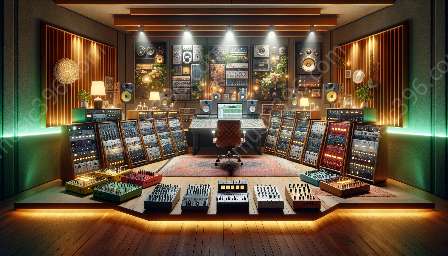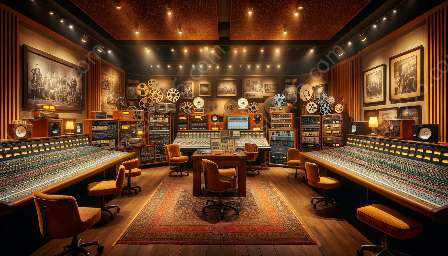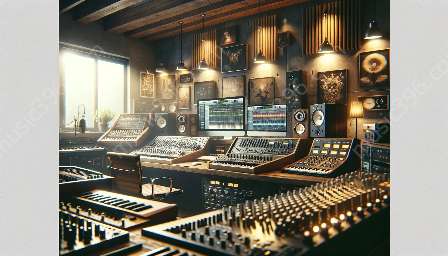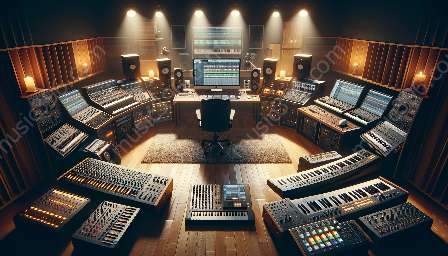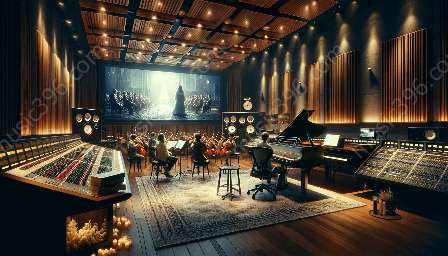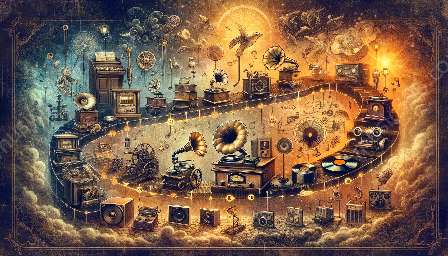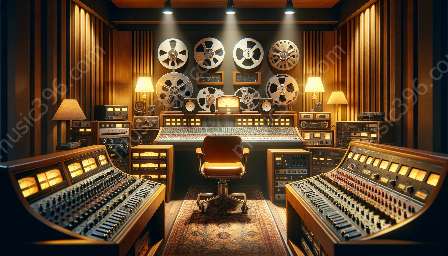Music has always been an integral part of human culture and history, reflecting the values, beliefs, and experiences of different societies. Throughout the ages, music recording has played a crucial role in documenting and preserving cultural history. This topic cluster explores the impact of music recording on cultural documentation, the history and evolution of music recording technology, and the significance of music recording in shaping our understanding of cultural heritage.
The Significance of Music Recording in Cultural History
The invention of music recording technology marked a significant turning point in the preservation of musical traditions and cultural heritage. Prior to the development of recording devices, music was primarily transmitted through live performances and oral traditions, making it susceptible to loss or alteration over time. Music recording revolutionized the preservation of cultural history by capturing performances, compositions, and musical styles in a tangible and enduring format.
Through the process of music recording, diverse musical traditions from around the world have been documented and shared with future generations, allowing for the continuity of cultural practices and expressions. From folk songs and indigenous chants to classical masterpieces and contemporary popular music, recorded music has become a valuable resource for historians, ethnomusicologists, and enthusiasts seeking to understand the rich tapestry of human culture.
Music Recording Technology: History and Evolution
The evolution of music recording technology has been a fascinating journey, marked by significant advancements that have reshaped the way music is captured and preserved. The earliest known form of music recording can be traced back to the mechanical inventions of the 19th century, such as the phonograph and the gramophone, which utilized cylindrical or disc-shaped mediums to store and reproduce sound.
With the advent of magnetic tape recording in the mid-20th century, a new era of music production and archiving began. Magnetic tape allowed for the creation of high-fidelity recordings, leading to the widespread adoption of tape-based formats in studios and home environments. The development of multi-track recording further revolutionized the creative process, enabling artists and producers to layer and manipulate sounds with unprecedented precision.
The digital revolution in music recording technology marked a profound shift towards the use of digital audio formats, ushering in an era of unparalleled convenience and flexibility in music production. Digital recording and editing software, along with the rise of compact disc (CD) and digital audio formats, transformed the landscape of music distribution and consumption, making recorded music more accessible than ever before.
The Impact of Music Recording on Cultural Preservation
Music recording has had a profound impact on the preservation and dissemination of cultural heritage, transcending geographical boundaries and temporal limitations. By capturing the nuances of musical performance and composition, recordings serve as invaluable artifacts that provide a window into the historical, social, and emotional contexts from which they emerged.
Furthermore, the documentation of traditional and indigenous music through recording technology has played a crucial role in raising awareness about endangered musical traditions and fostering appreciation for cultural diversity. Archival recordings have become essential tools for cultural revitalization efforts, empowering communities to reclaim, revitalize, and perpetuate their musical legacies.
Conclusion
Music recording stands as an essential tool for documenting and preserving cultural history, allowing for the transmission of musical traditions across generations and providing insights into the dynamic evolution of human expression. The history and evolution of music recording technology have not only shaped the way we experience and engage with music but have also contributed to the safeguarding of our diverse cultural heritage. As we continue to embrace new recording technologies and methods, we must recognize the pivotal role of music recording in enriching our understanding of cultural history and fostering a deep appreciation for the multifaceted tapestry of global musical expressions.






